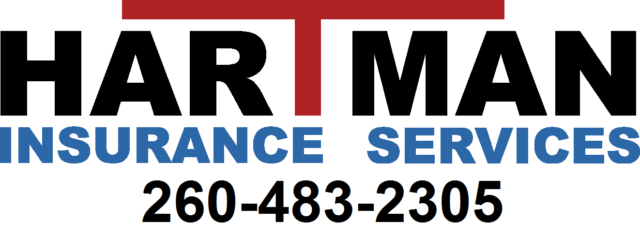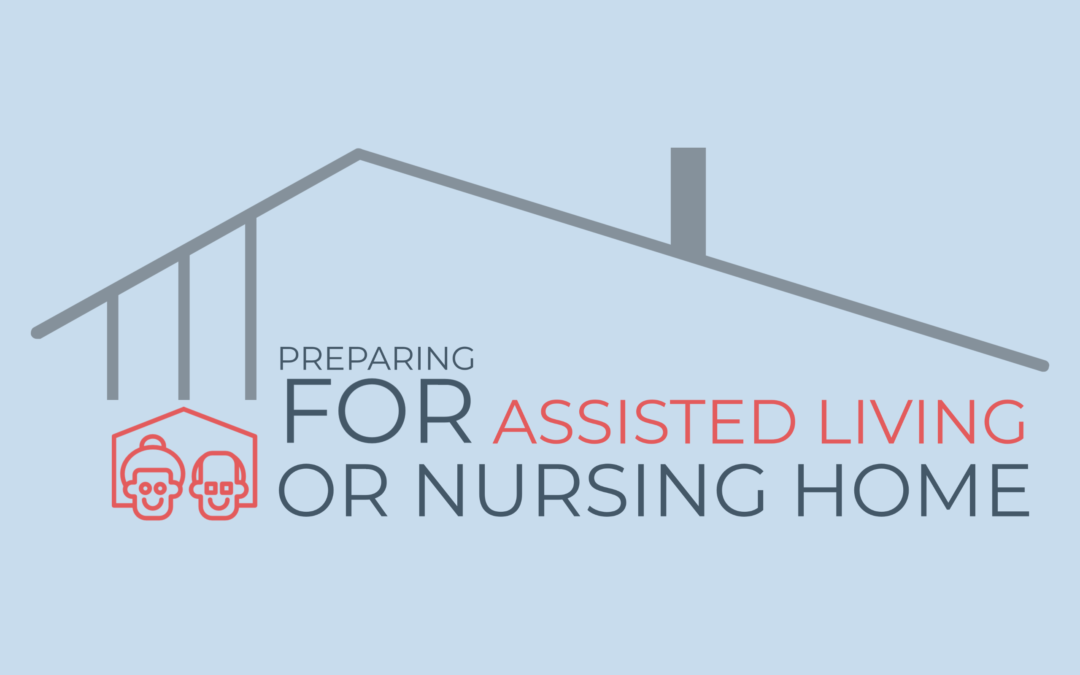Assisted Living or Nursing Home?
As we approach certain phases in our lives it is important to understand how our health insurance plan benefits work. Over the years we have had many clients who have come across the need for skilled nursing care and/or assisted living. We want to educate you on those terms and their meanings so when the time comes for you or your loved one to need some of these options you will know the best choice to make and how to prepare for what you may need.
A nursing home is a facility for the residential care of elderly or disabled people. Nursing homes may also be referred to as skilled nursing facility, long-term care facilities, old people’s homes, care homes, rest homes, convalescent homes or convalescent care.
Assisted living facilities are housing for people who need help with activities of daily living (ADLs), such as bathing, dressing or taking medicines. Seniors who move into these homes do not need skilled medical care provided in nursing homes, but rather the general assistance and personal care they might otherwise miss while living independently.
Does Medicare Cover Assisted Living?
Medicare does not cover the costs associated with residing in an assisted living community. This type of care is not considered medically necessary or a health insurance issue. Medicare only pays for long-term care if you require skilled nursing or rehabilitative services, and even then, Medicare only covers it for a certain duration. It does not cover non-skilled assistance with daily activities, which comprises the bulk of assisted living care.
If you do decide to move into an assisted living community, Medicare will continue to cover your prescription medications and/or other medical services that would have otherwise been covered by your particular plan if you still lived at home. Assisted living costs an average of $119 a day, or $3,628 a month, according to the government’s Administration on Community Living. Most people pay for assisted living out of pocket, with Medicaid, or with private long-term care insurance. Some also finance it with reverse mortgages, life insurance options and annuities. We can help educate you on these options by calling our office at 260-483-2305 and scheduling an appointment.
What Does Medicare Cover?
Medicare Part A is hospital insurance and does not pay for assisted living. It covers:
- Inpatient care in a hospital
- Skilled nursing facility care
- Skilled nursing home care
- Hospice care
- Home health care
Some of the other care options that might be covered by Medicare include:
- Home-based care, such as part-time or intermittent home health aide services. Medicare does not, however, cover daily 24-hour care at home. It also doesn’t cover meals delivered to your home or homemaker or custodial services (such as cleaning, bathing or dressing) if those are the only services you need.
- Hospice and respite care, which are both covered by Medicare. Hospice provides care and support for people who are terminally ill, and respite care is a short inpatient stay for hospice patients with the goal of providing their caregivers with rest.
- Programs of All-Inclusive Care for the Elderly (PACE), which is a Medicare/Medicaid program that helps people meet their health care needs in their own community so they don’t have to go to a care facility. It covers prescription drugs, doctor visits, transportation assistance, home care and even nursing home stays when they’re necessary.
Medicare Part B, which is medical insurance, covers:
- Outpatient care
- Medically necessary care (services or supplies needed to diagnose or treat your condition)
- Preventative care, such as the flu shot and laboratory tests
To learn more about coverage options, call us at 260-483-2305 or click here.

